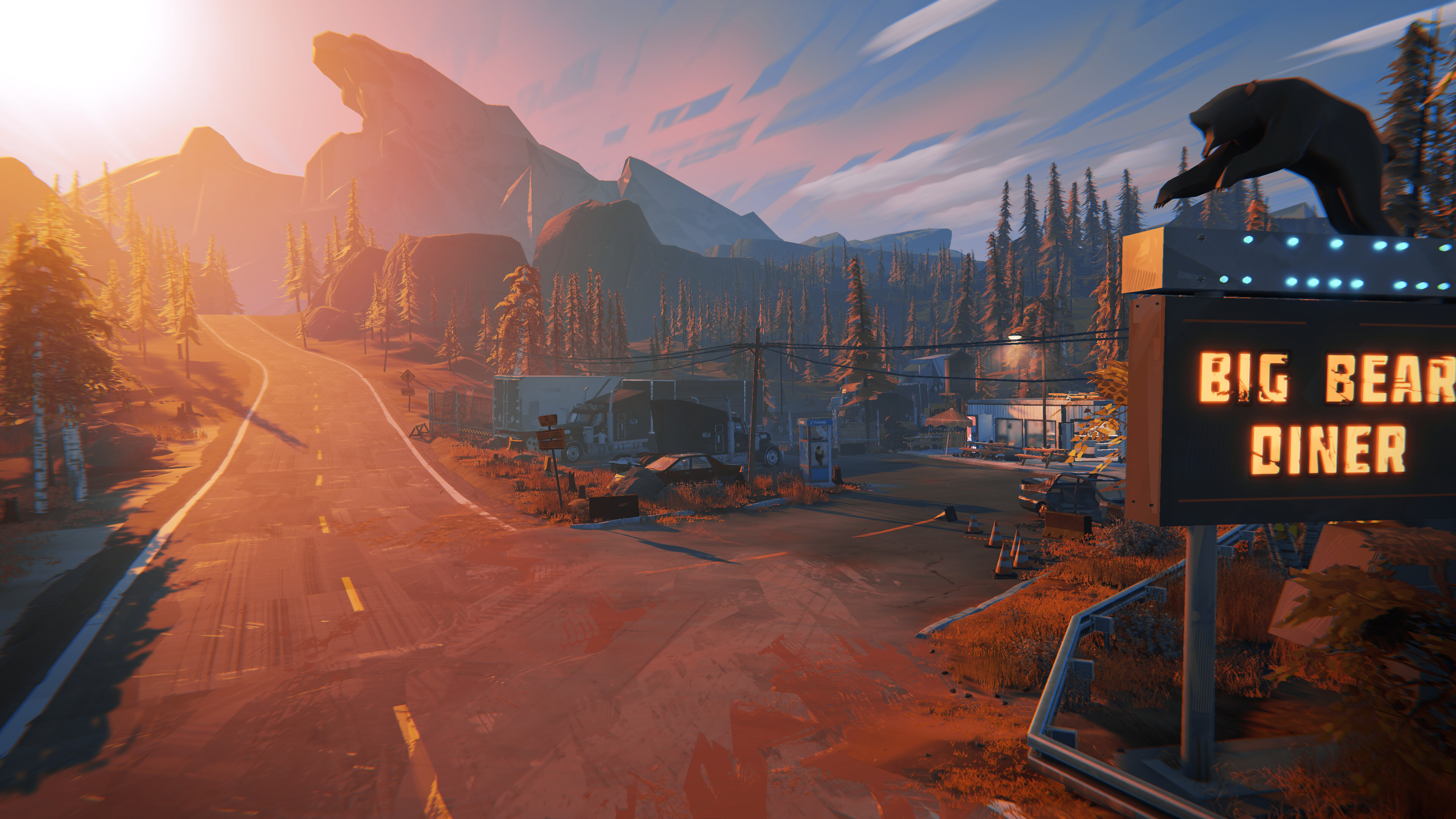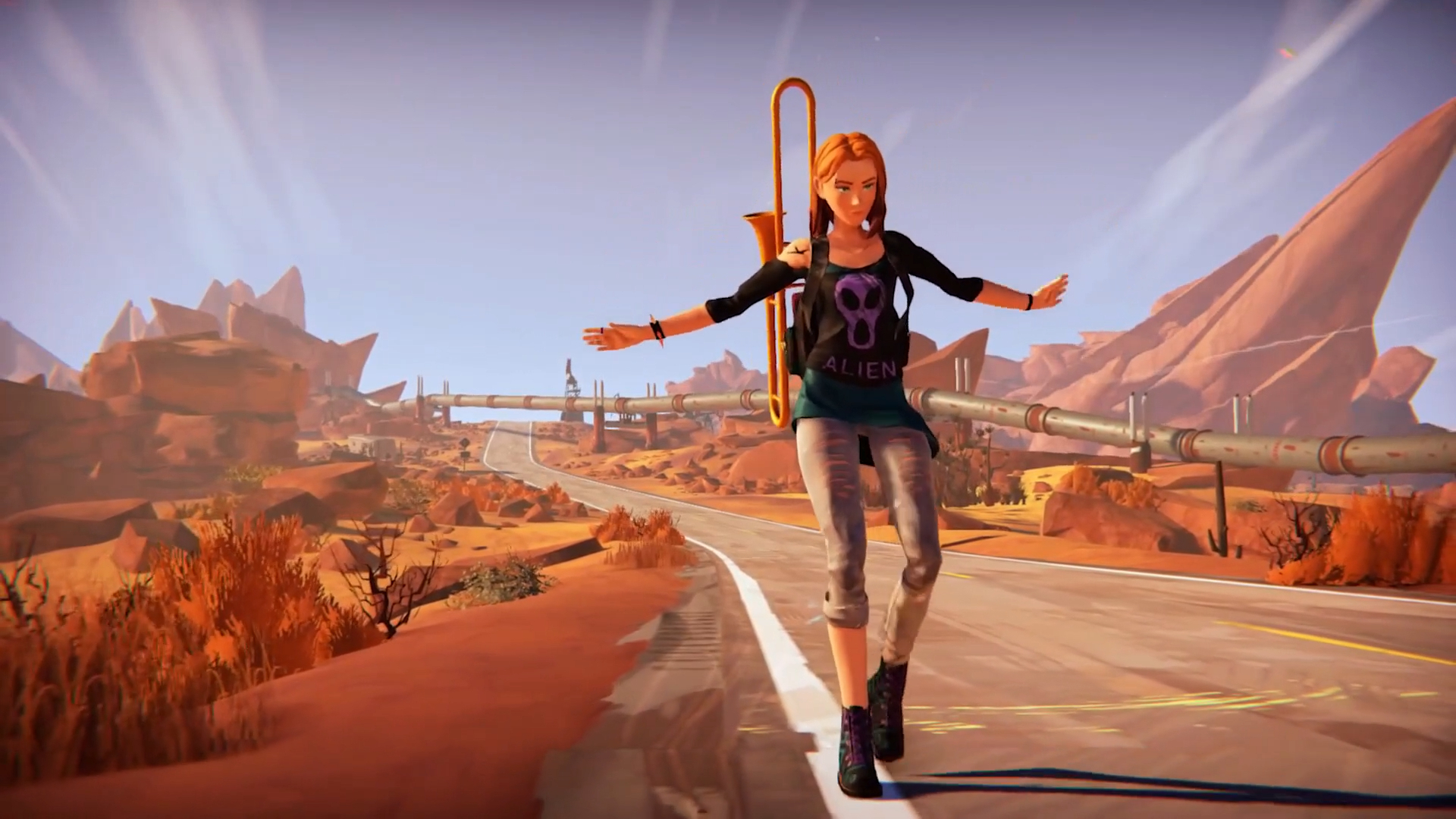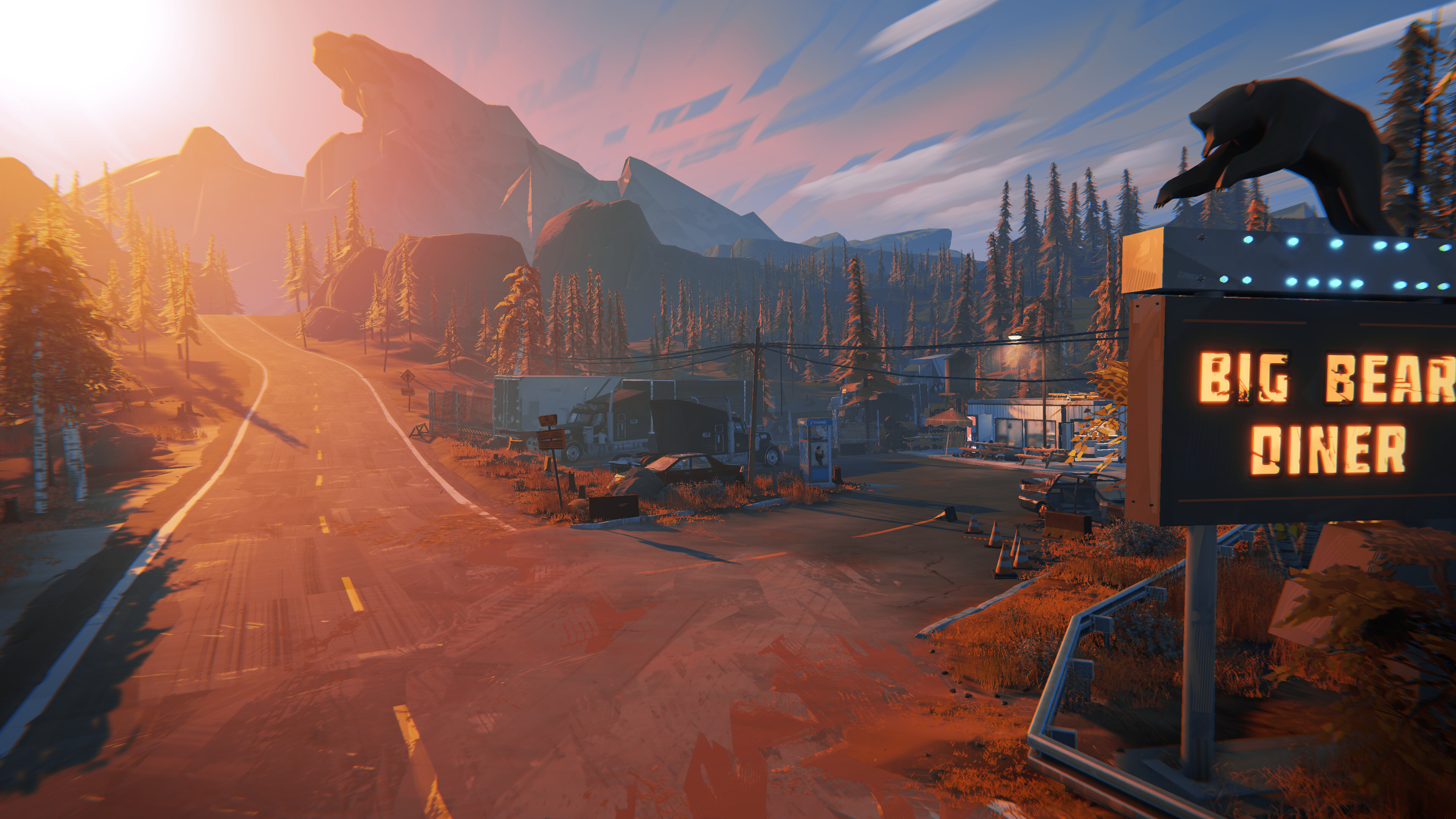Why Road 96 still hits harder than most dystopian fiction – and why you should play it right now.

Road 96 is more than a road trip. It's a reflection of the world we live in – and one of the most powerful narrative games that I have played.
A Journey That Never Plays The Same Way Twice
Road 96 begins in the summer of 1996, somewhere in a fictional country under authoritarian rule. You’re a teenager. And like so many others, you’ve made the decision to leave – to flee the regime, to cross the border, to risk everything for a life where freedom isn’t a fantasy. That’s the premise – but what happens from there is entirely up to you.
Every time you start a new run, you take on the role of a different teen with their own path to the border. The choices you make ripple through the world – not just for you, but for the country itself. And that’s where Road 96 sets itself apart from most other choice-based games. Here, consequences are visible: Characters remember, situations shift. You’re not just unlocking new endings, you’re changing the game’s universe with each playthrough.
The result is a story that feels alive. You meet a cast of strange, memorable, deeply human characters whose stories are interconnected in surprising ways. Over time, patterns emerge. You begin to understand how the pieces fit. And still, every new run offers something unexpected – a scene you hadn’t seen before, a line of dialogue that suddenly hits differently, a turn in the road that wasn’t there last time. And while the mechanics are relatively simple – conversations, exploration, small mini-games, and choices – the emotional weight builds slowly but steadily.
A Political Game That Doesn’t Feel Like A Lecture

What makes Road 96 so impactful right now is how close it feels to the world outside our screens. The themes it tackles – surveillance, propaganda, rising nationalism, forced migration – aren’t abstract dystopian tropes, they’re lived realities for many people. And the game doesn’t exploit those ideas for drama, it presents them with quiet clarity and empathy.
You feel the fear of being stopped at a checkpoint. The tension in a conversation with someone who might turn you in. The uncertainty of whether you should trust the person offering to help. And underneath all of it: the question of how much you’re willing to risk doing what you believe is right.
It’s a rare game that manages to balance urgency and stillness, danger and beauty. Some moments are absurd and strange. Others are quiet, melancholic, even tender. And all of it is tied together by a fantastic 90s-inspired soundtrack that captures both the longing and the rebellion at the heart of the experience. It’s not just a coming-of-age story. It’s a reminder of how fragile freedom can be – and how quickly a country can turn into something from a home into something much more dangerous.


































